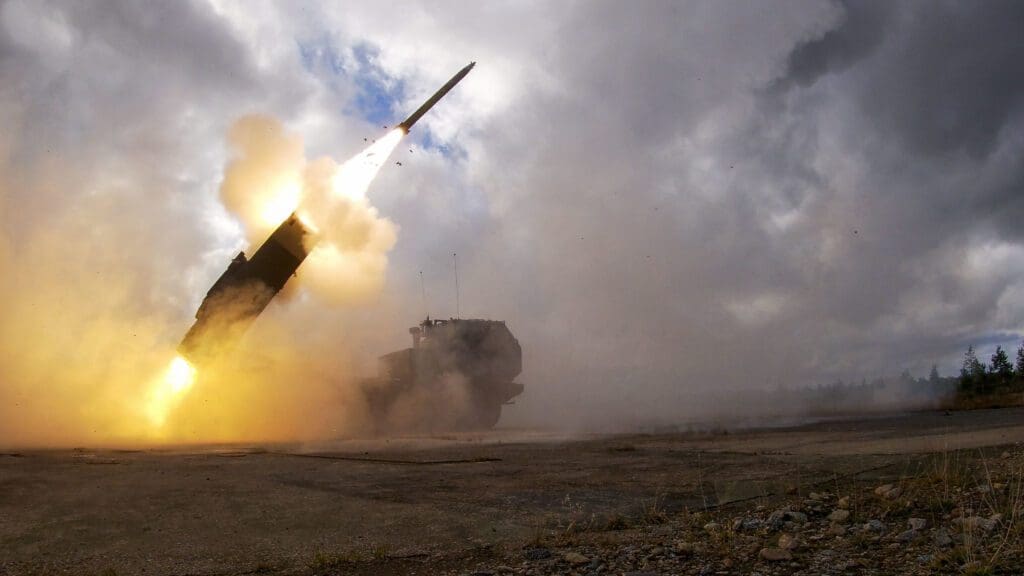
Instead of testing Russia’s willingness to allow the crossing of what for now are soft red lines, the West should start thinking about how peace could be achieved.
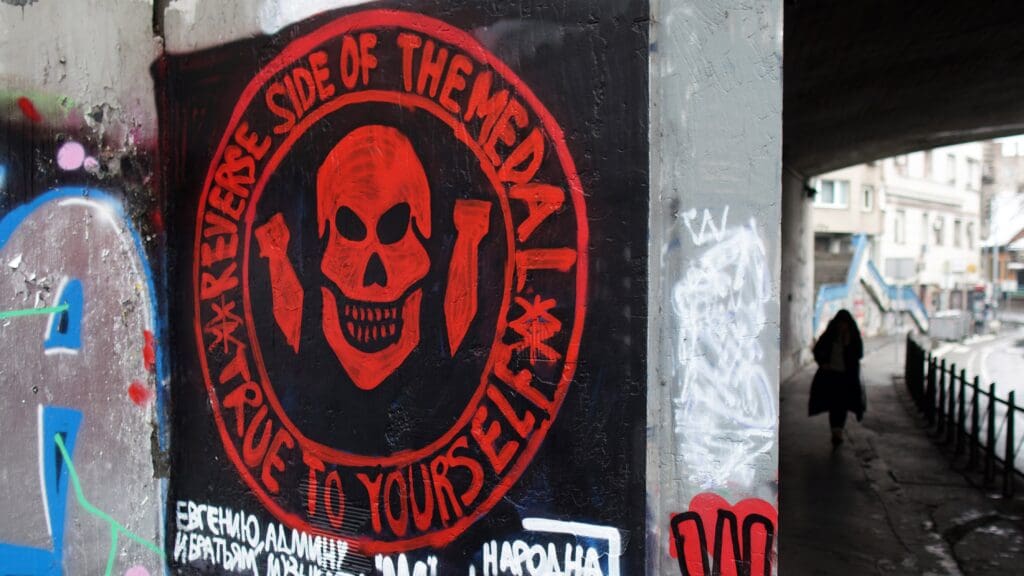
Russia’s infamous Wagner Group is looking for mercenaries in Serbia, Hungary’s southern neighbour.
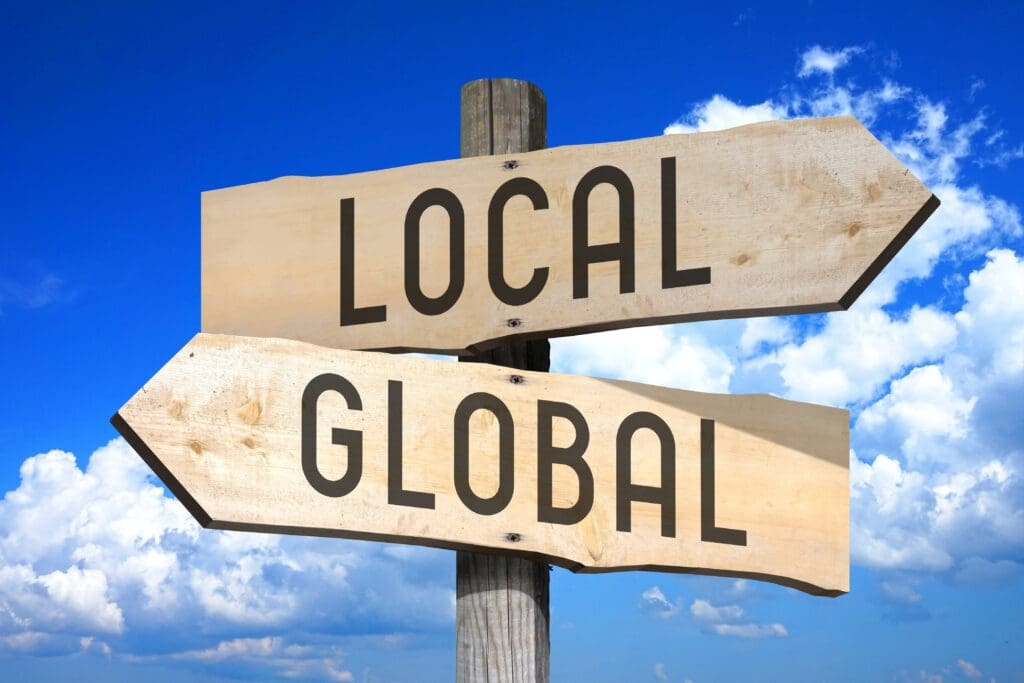
While the internationalisation of news has created an environment where major international events are always top news, from a conservative standpoint, it is the local challenges a particular political unit faces that should be prioritised.
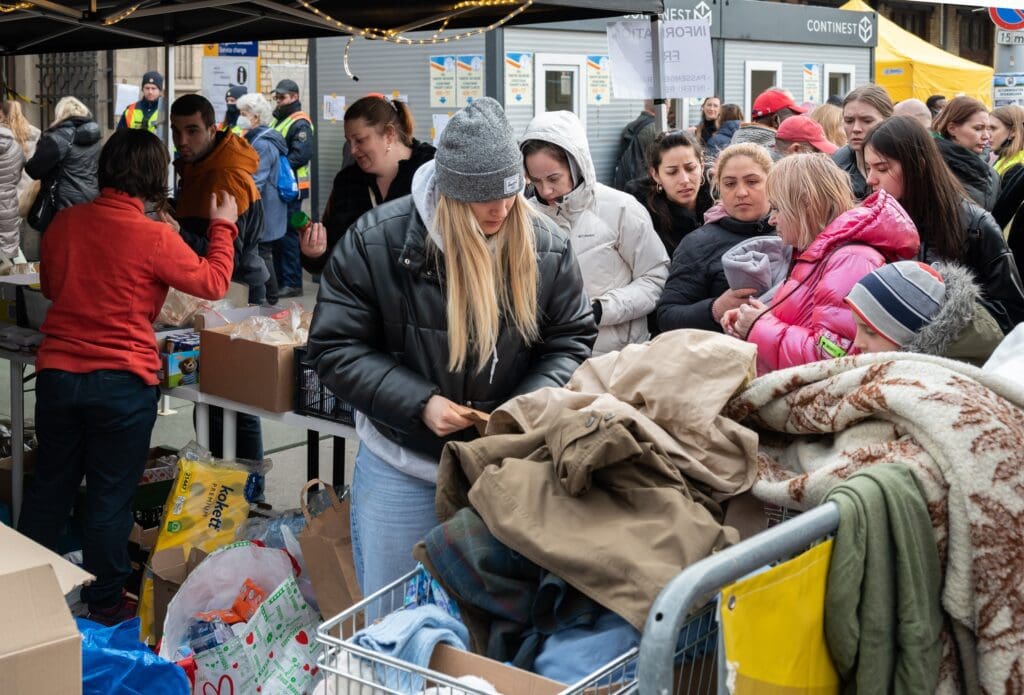
The uptick in the number of refugees from Ukraine to Hungary is hardly surprising given the cold winter and the damage to the Ukrainian infrastructure and housing.
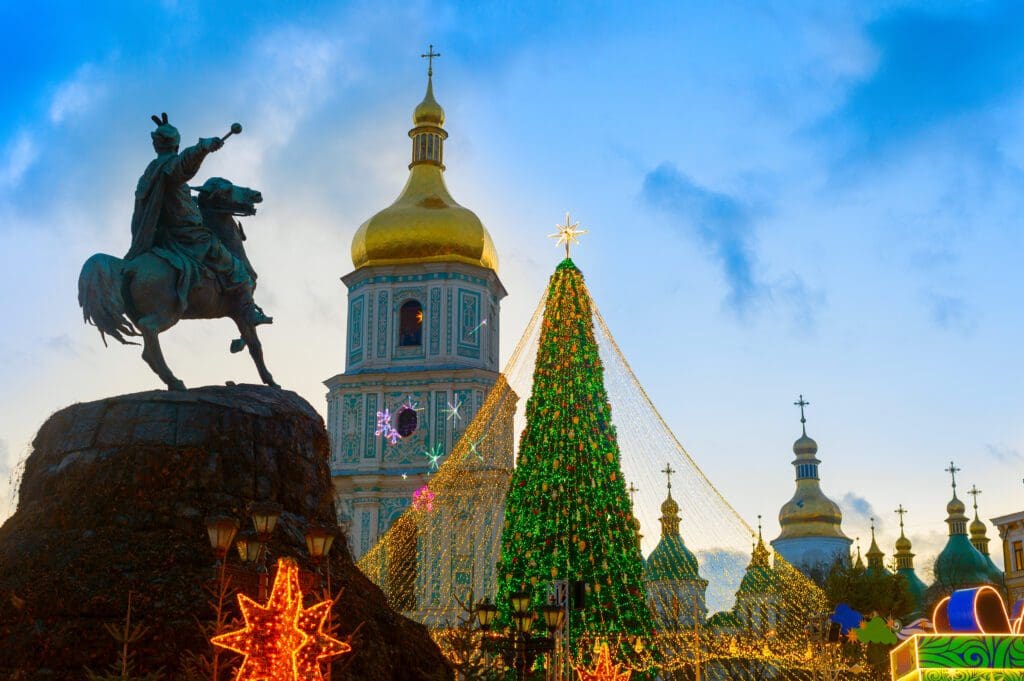
Ukraine used to celebrate Orthodox Christmas Day on 7 January, but as a cultural shift away from Russia, Ukrainians are increasingly keen on celebrating Christmas in December.
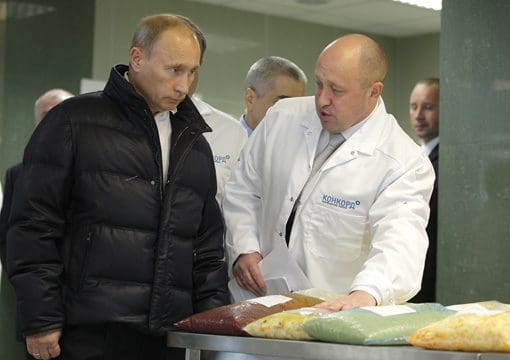
Yevgeny Prigozhin, the rising strongman of Russia also known as Putin’s chef, is believed to have established the infamous Wagner Group.
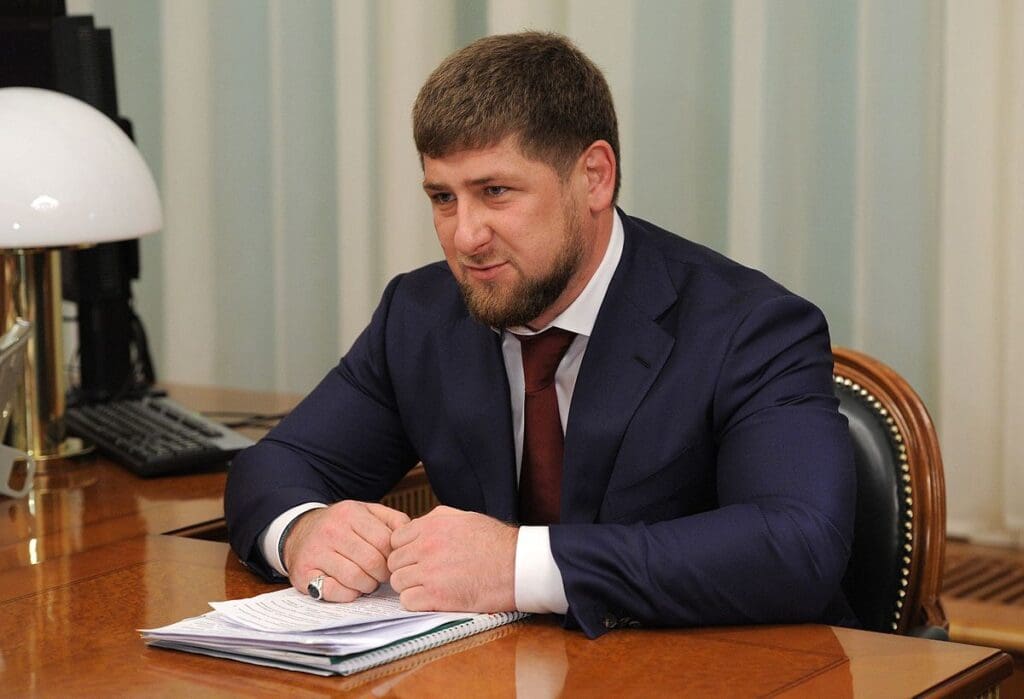
In September, Ramzan Kadyrov announced that he might leave his position as President of the Chechen Republic—which has given rise to speculation that he may be interested in pursuing a powerful position at the federal level.
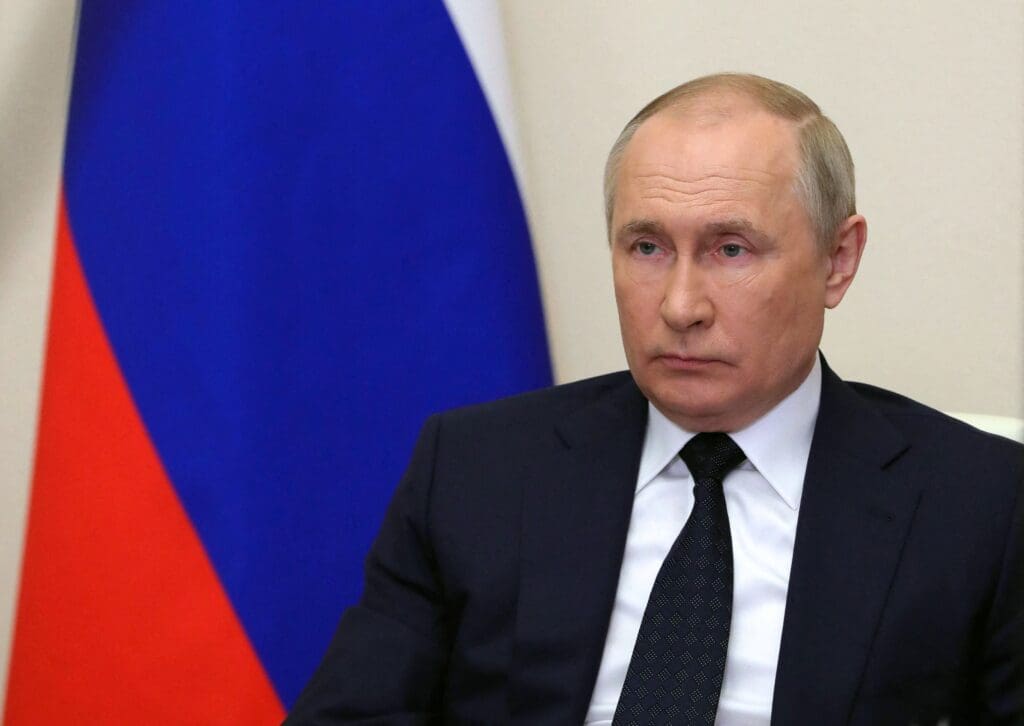
To reassure the public that the government cares for the soldiers in Ukraine and their families, Putin has met with a carefully selected group of mothers whose sons are fighting or have died on the frontline in Ukraine.
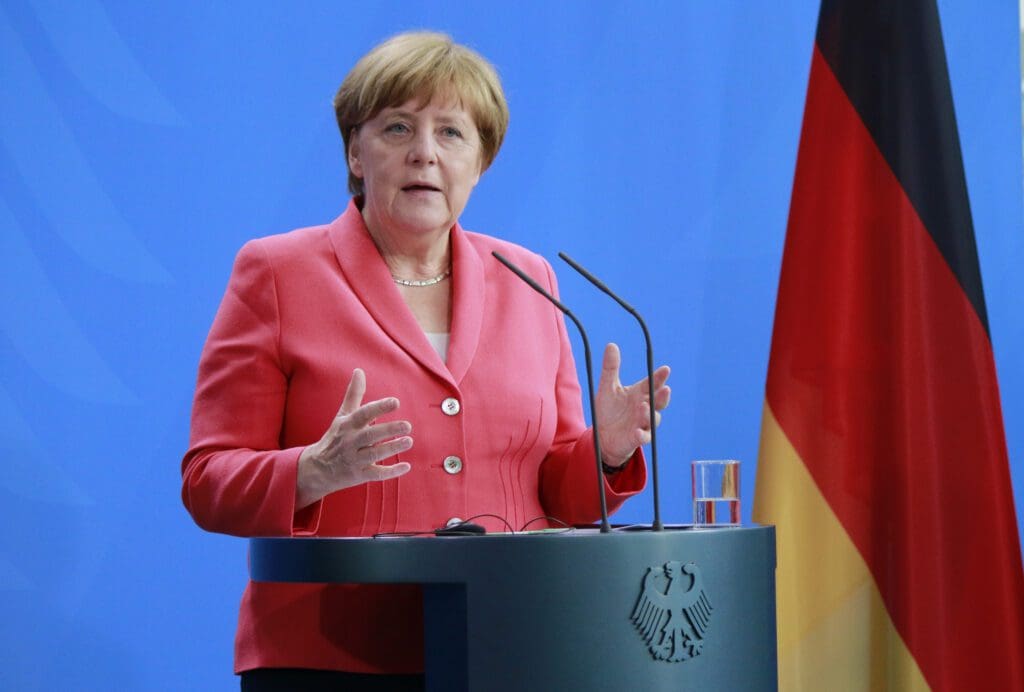
Back in 2014, Merkel made it clear that while Europe should pursue a tough policy on Russia, it should also work on a diplomatic solution to end the hostilities. That type of commitment to achieving peace is exactly the approach Europe misses in the current conflict.
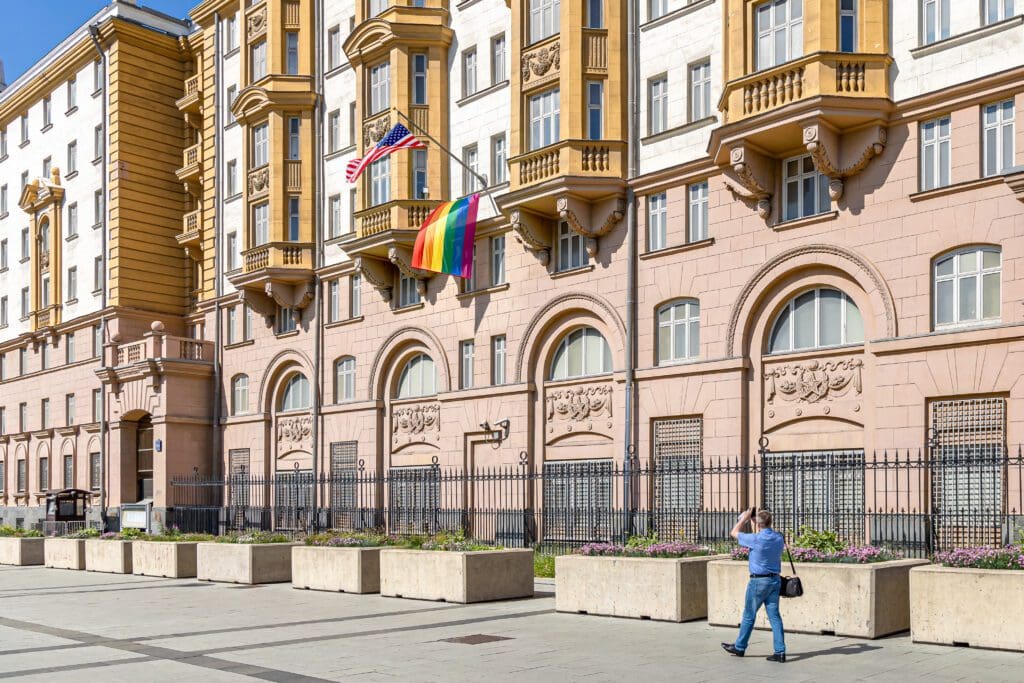
Russia has banned the spread of ‘propaganda’ on ’non-traditional’ sexual orientations and gender identities to all age groups (adult or minor) online, in advertisements, films or in public.
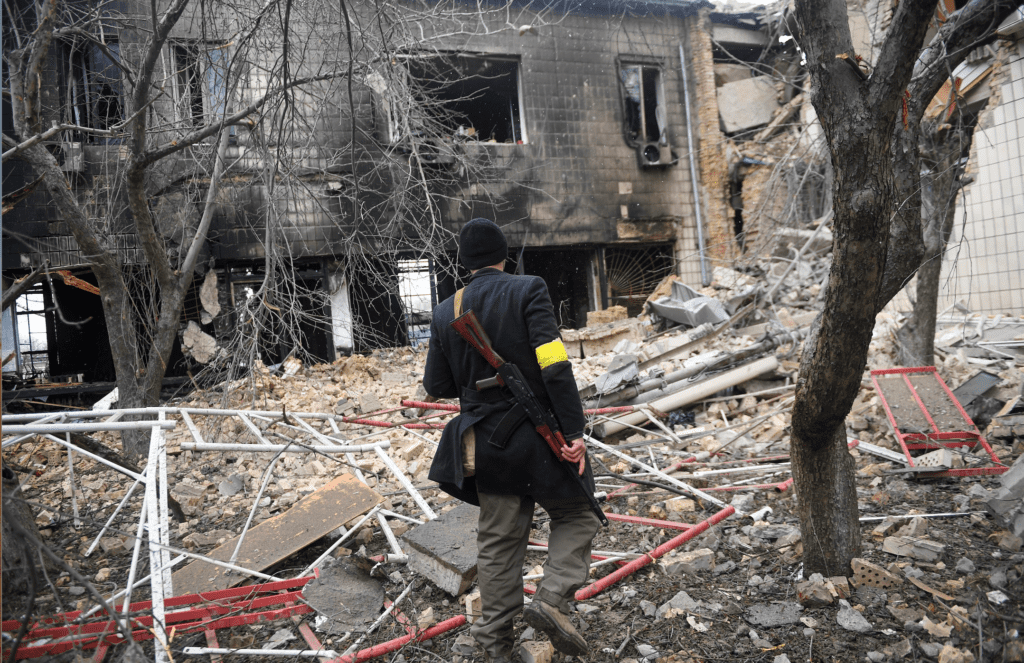
In the Russo-Ukrainian war most probably both sides have committed acts of unjustifiable violence. What needs to be considered, however, is whether the crimes are rare missteps, or rather a systemic mode of operation of the belligerents.
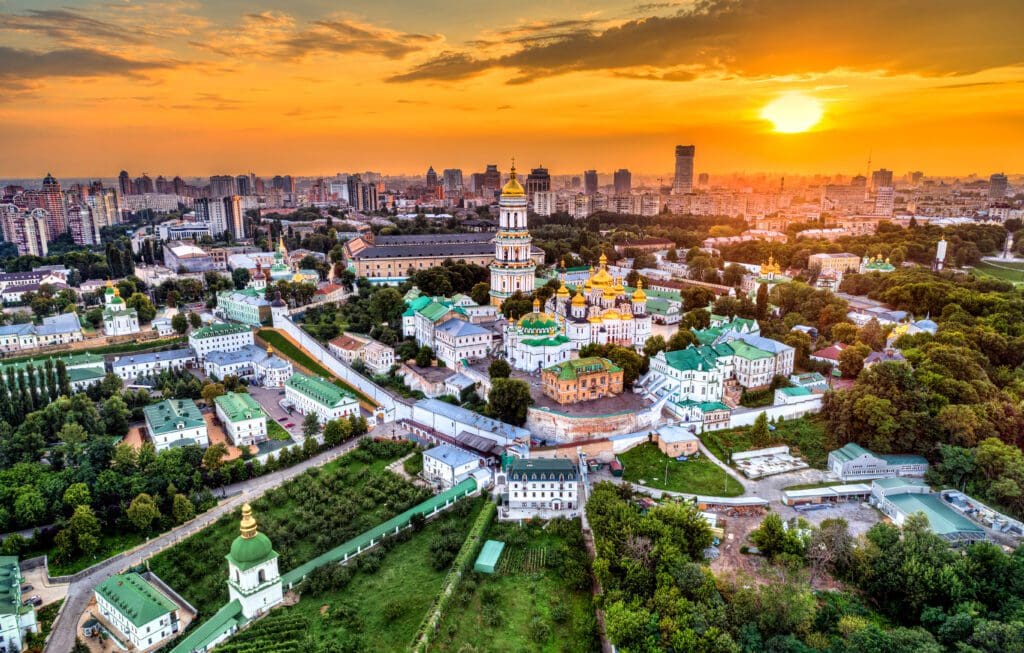
Ukraine’s security service (SBU) raided the 1000-year-old Pechersk Lavra monastery in Kyiv on the suspicion that it covertly supports Moscow and spreads pro-Russian messages among its believers.
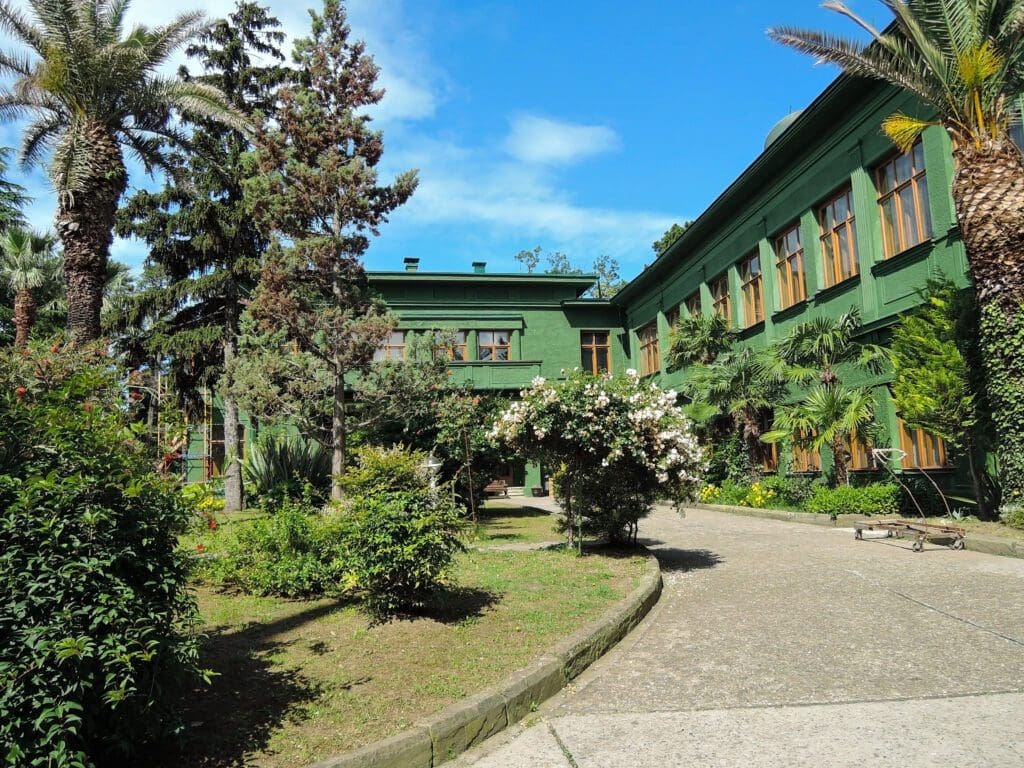
The residence is a testimony to the paranoia that governed the Soviet Union during the ruthless tyrant’s dictatorship.
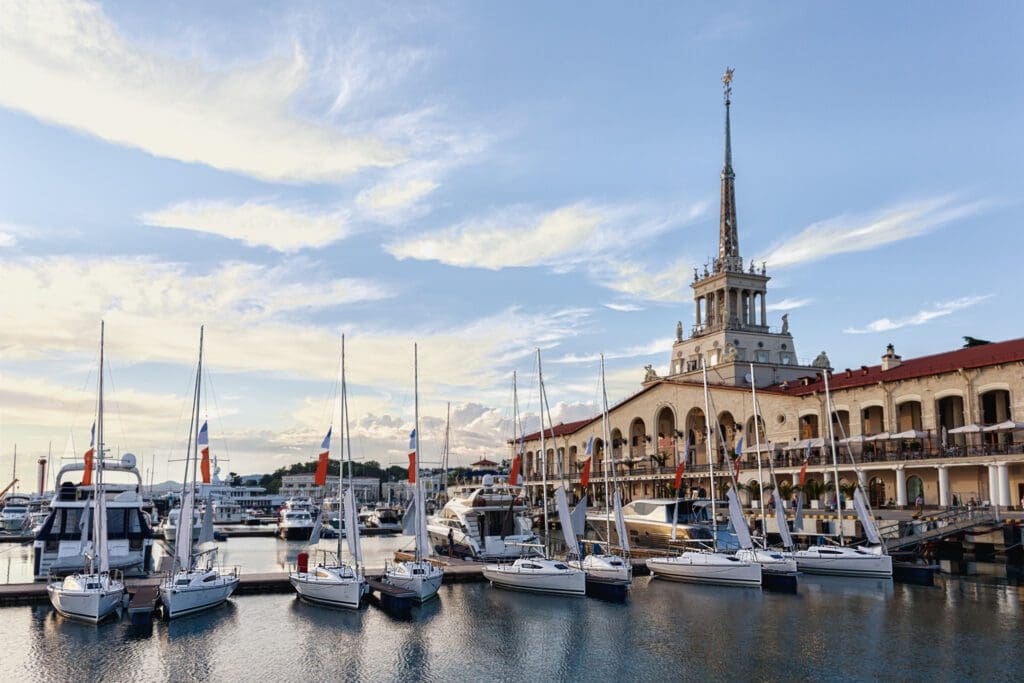
In the heart of the city of Sochi there is a photography exhibition dedicated to the ‘Heroes of Operation Z’—propaganda is inescapable for average Russians.
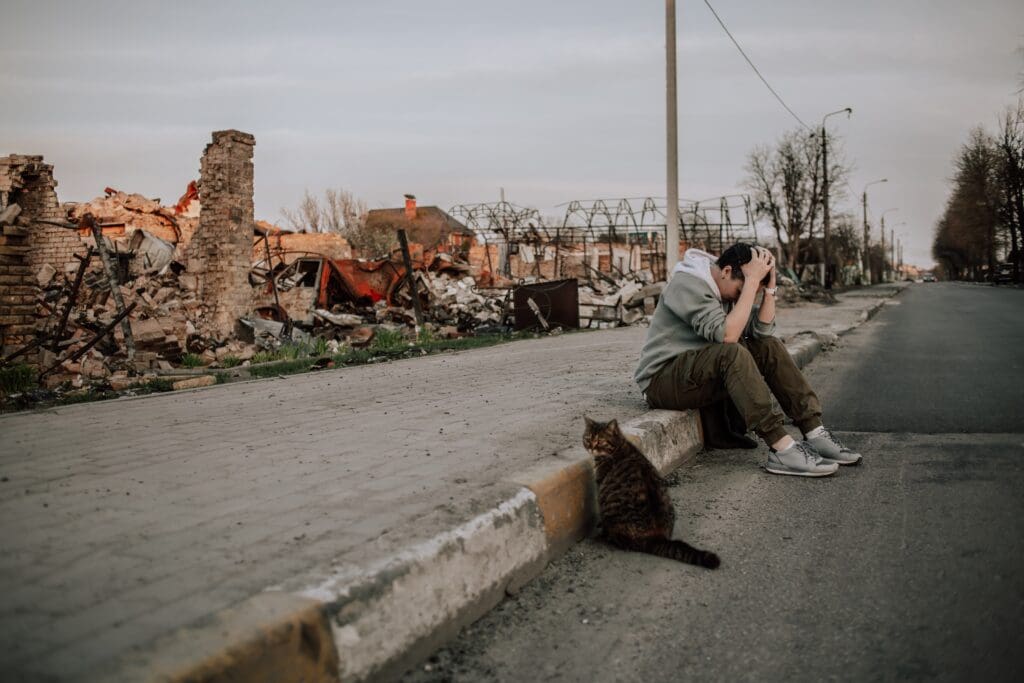
The cost of the war in Ukraine was sky-high even before Moscow started to target the country’s critical infrastructure.
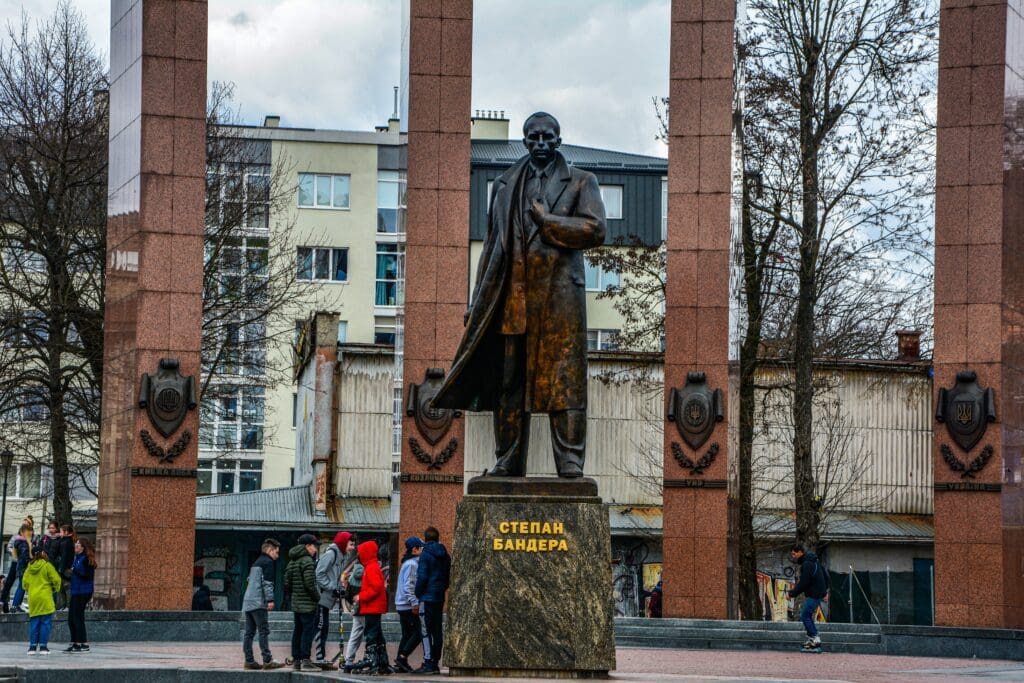
Was Stepan Bandera a Nazi collaborator or a martyr of Ukrainian independence? Selective Ukrainian collective memory can hardly provide an answer.
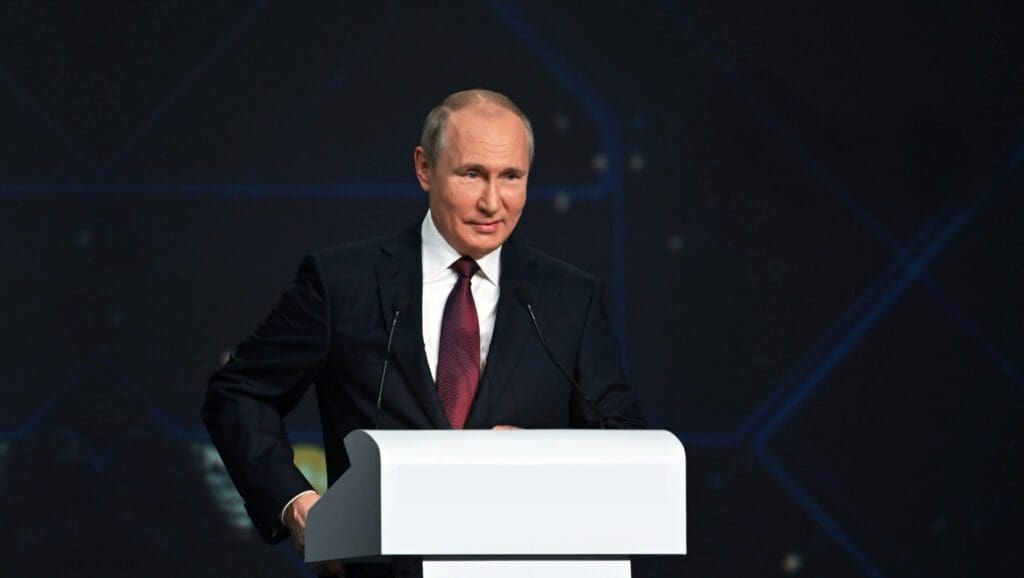
The Great Patriotic War, the Russian Empire and Ukraine are the three recurring themes that constitute the pillars of the Russian President’s historical narrative.
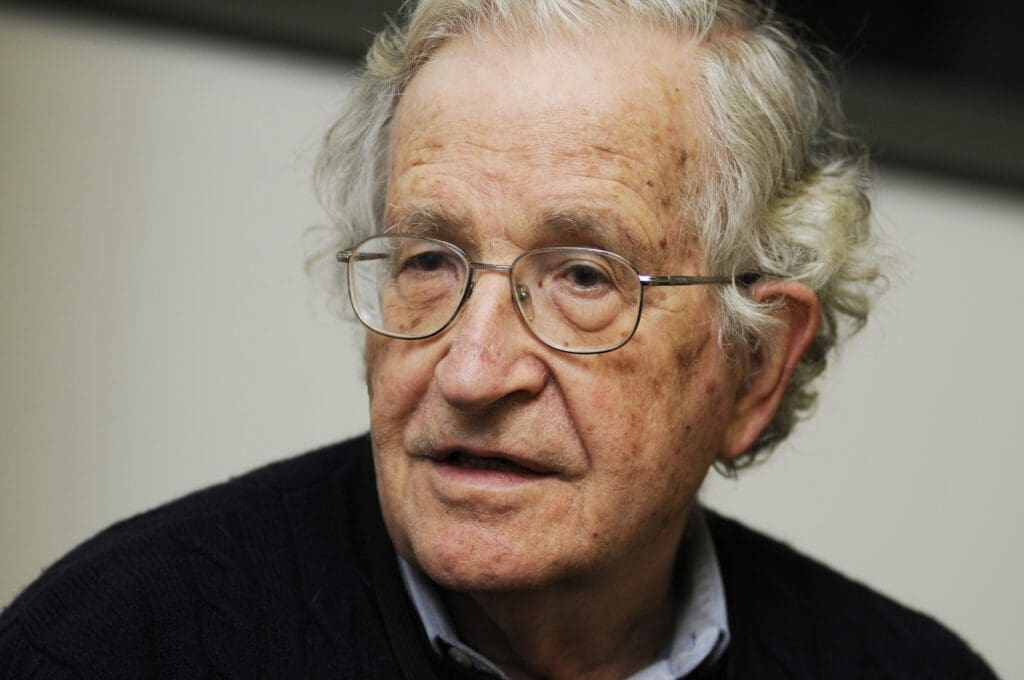
The renowned American academic, Noam Chomsky has been labelled as morally corrupt for advocating for peace talks to end the war in Ukraine.
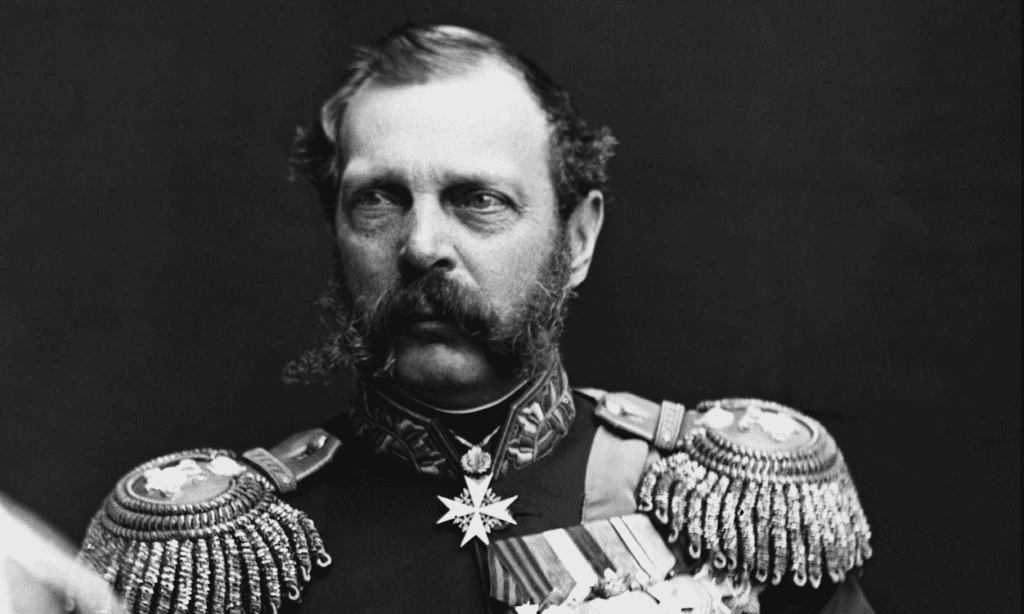
After Peter the Great, Alexander II is known to be the greatest reformer of the Russian Empire. What his rule teaches us is that historic development does not go in a straight line—usually, when a country takes two steps forward, it also takes a step back.

While early into the war in Ukraine most newspapers and politicians used World War II as an analogy to understand current events, 10 months into the war more and more writers begin to compare the invasion of Ukraine with World War I – here is why.
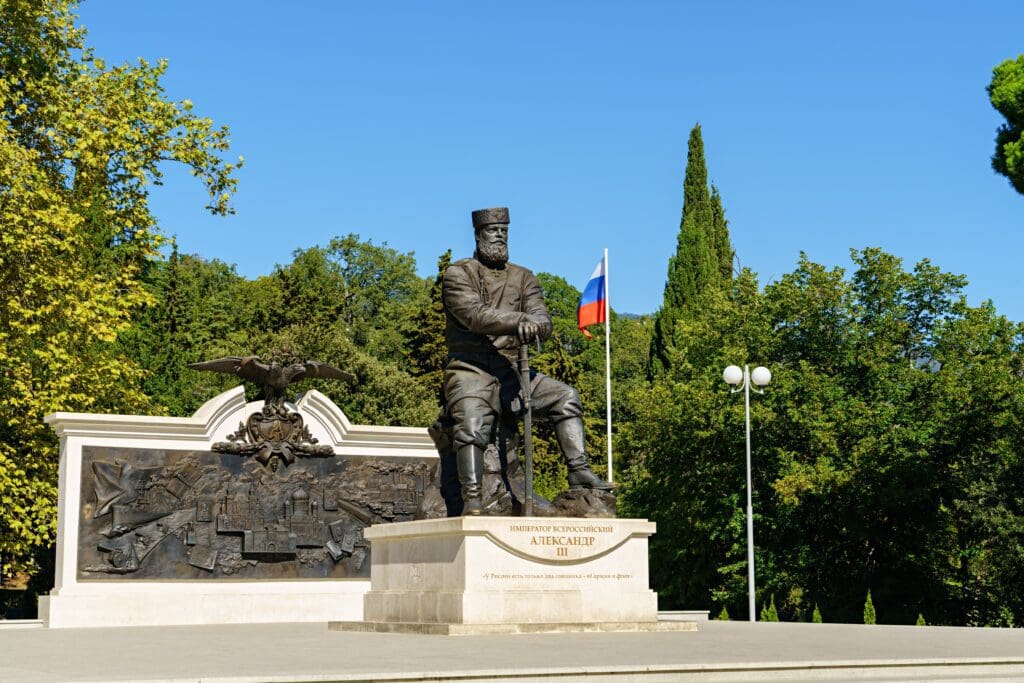
Alexander III of Russia is known to be Putin’s favourite tsar. During his reign, he advocated for Russification, for Russia’s interests in global affairs and for the ‘inviolability of autocracy’.
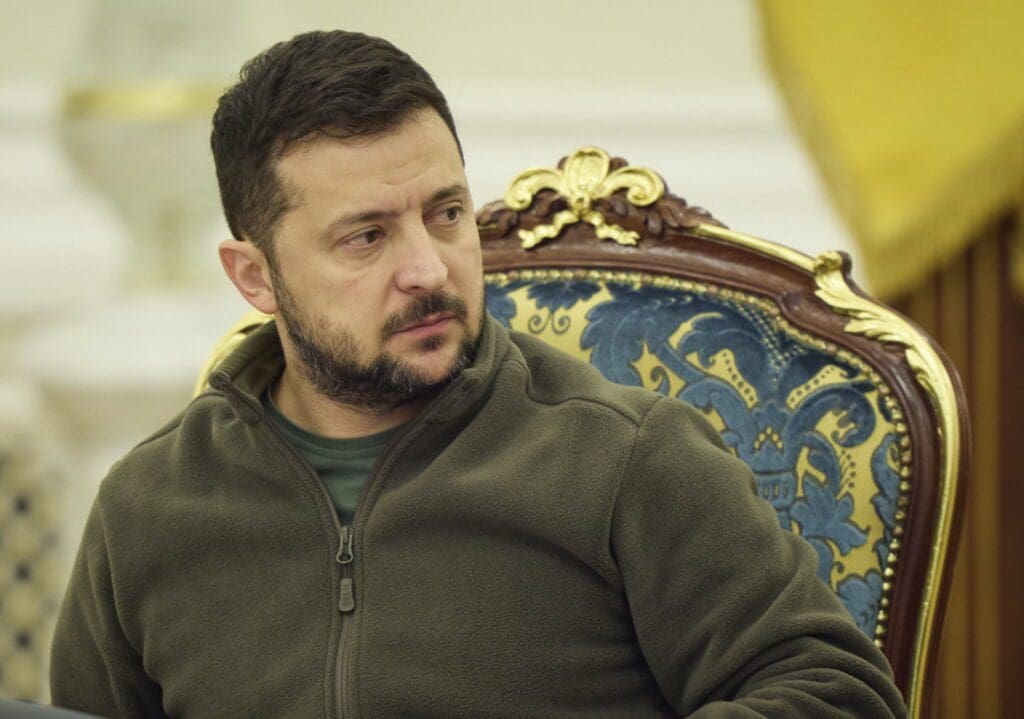
Part of the Republican Party is growing increasingly sceptical of supporting Ukraine with military and financial aid. If the GOP wins the midterm elections in November, the channelling of American funds to Ukraine might slow down.
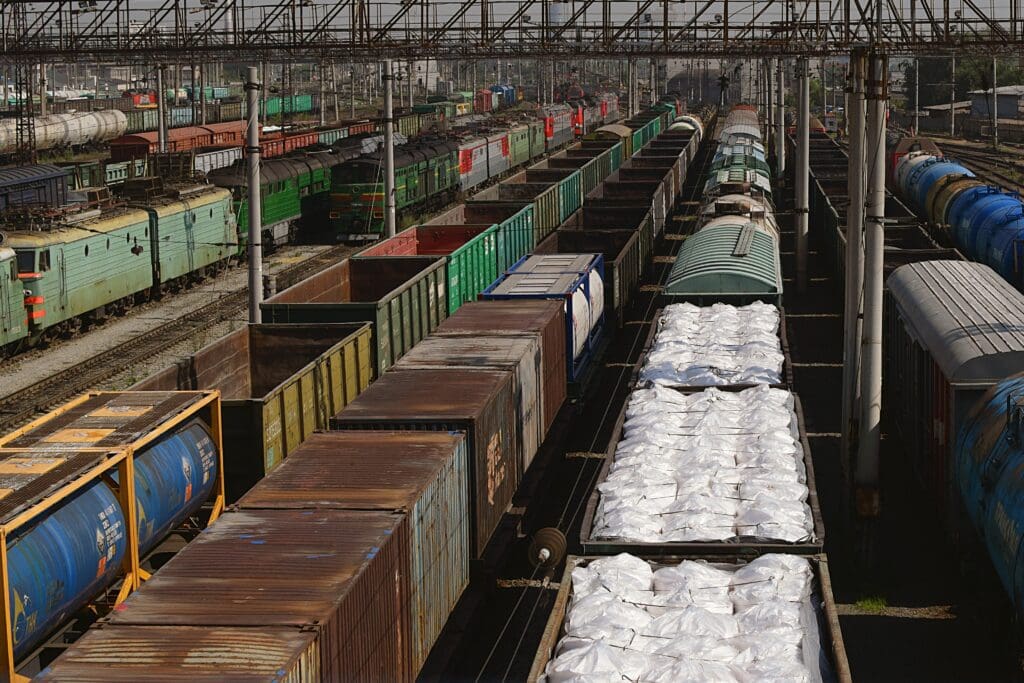
Russia did not accept that after the dissolution of the Soviet Union it has different capabilities to engage in global affairs—which led to its misguided foreign policy.
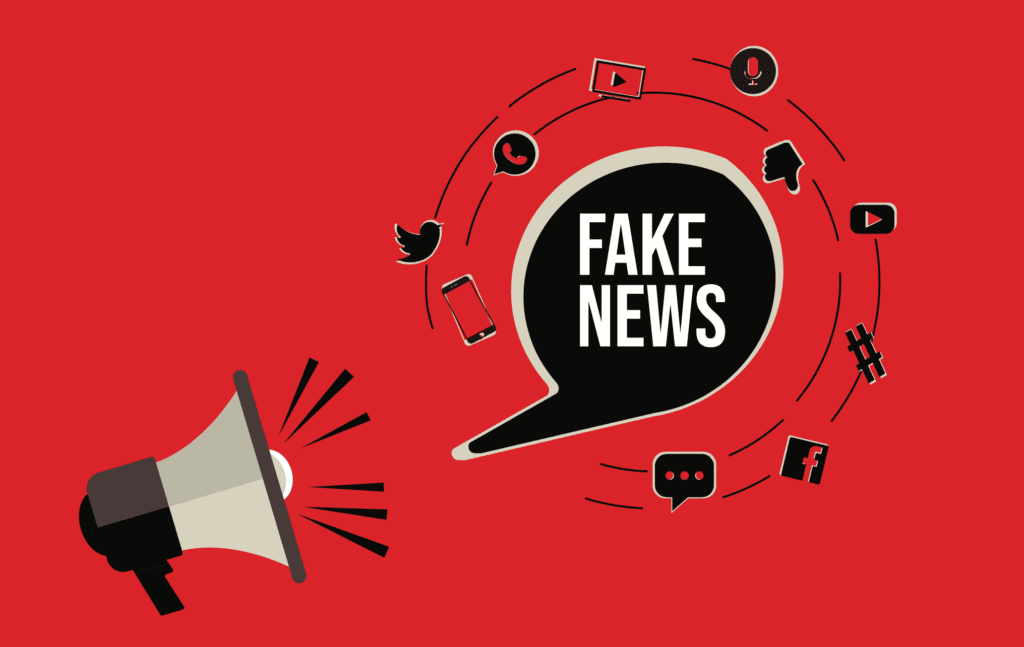
Unfortunately, relentless propaganda works, and we are wrong to assume or represent it otherwise.
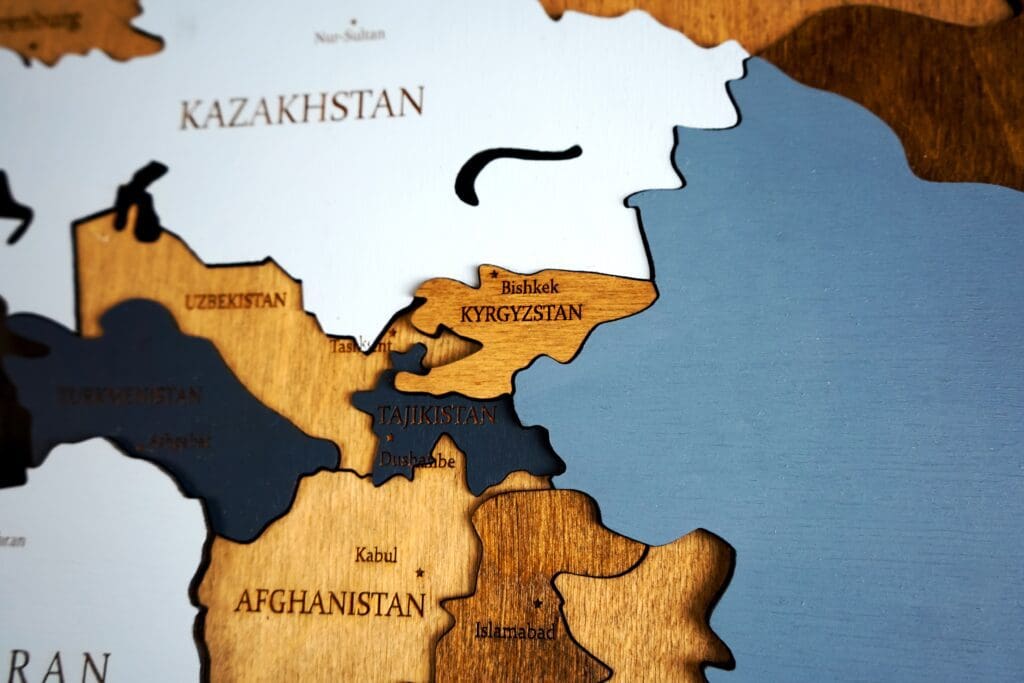
Sanctions that target a whole country instead of specific individuals always hurt the innocent, ordinary people the most. Be these people European citizens who cannot afford to pay their electricity bills, or Central Asians who now live in extreme poverty, generic sanctions punish those the most who are the least responsible.
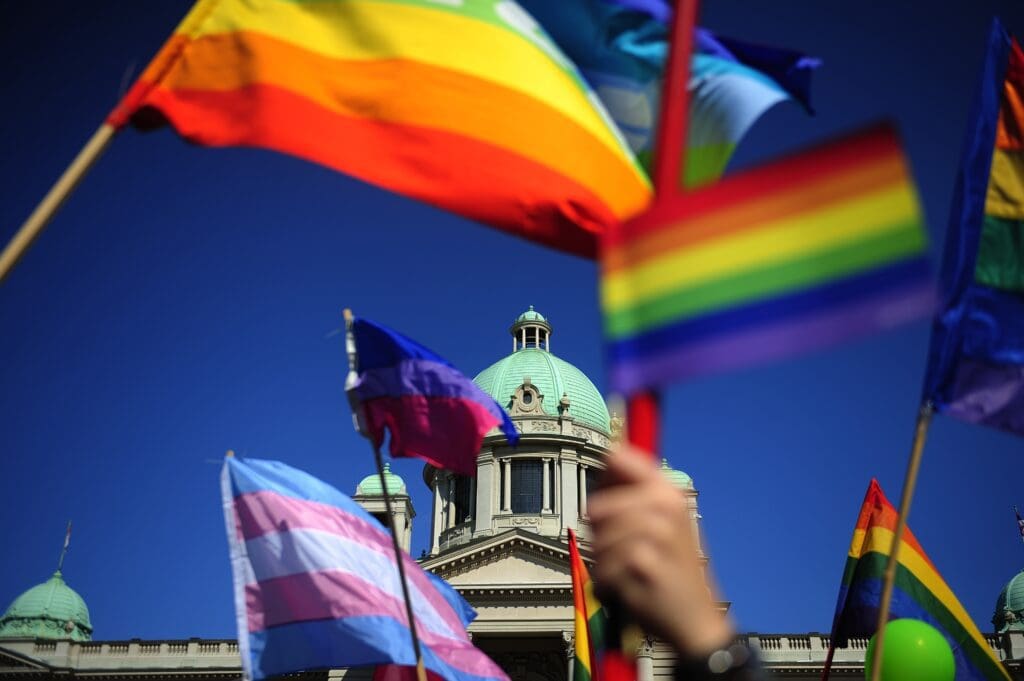
Is the EU right to push LGBTQ matters in the Western Balkans?
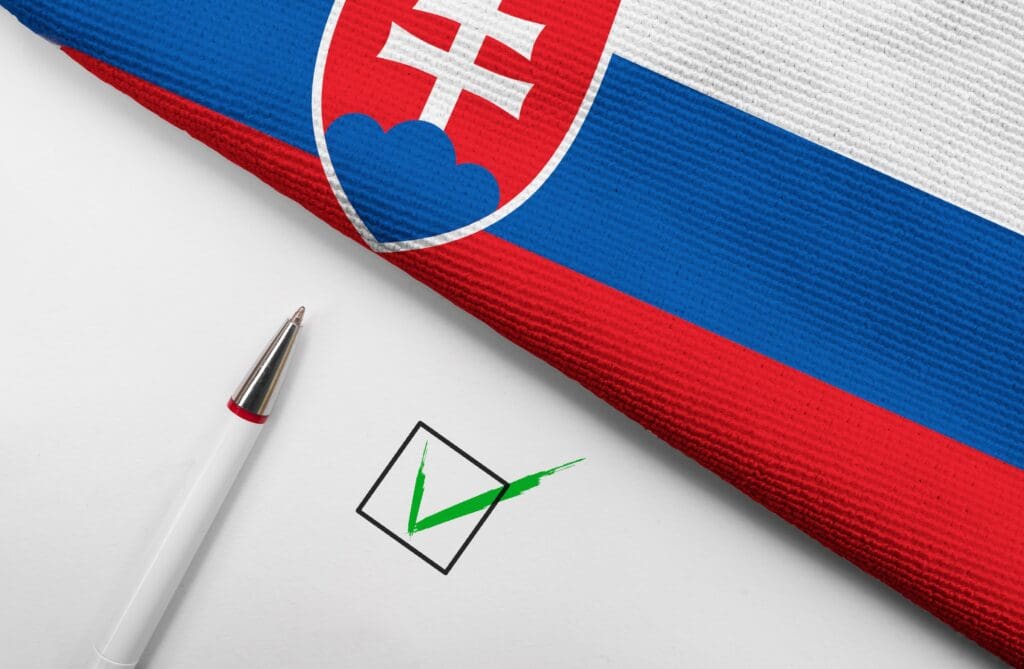
While a survey that was conducted in Slovakia in July indicated that a slight majority of Slovaks would prefer Russia to win the war, many dismiss the poll due to methodological concerns.
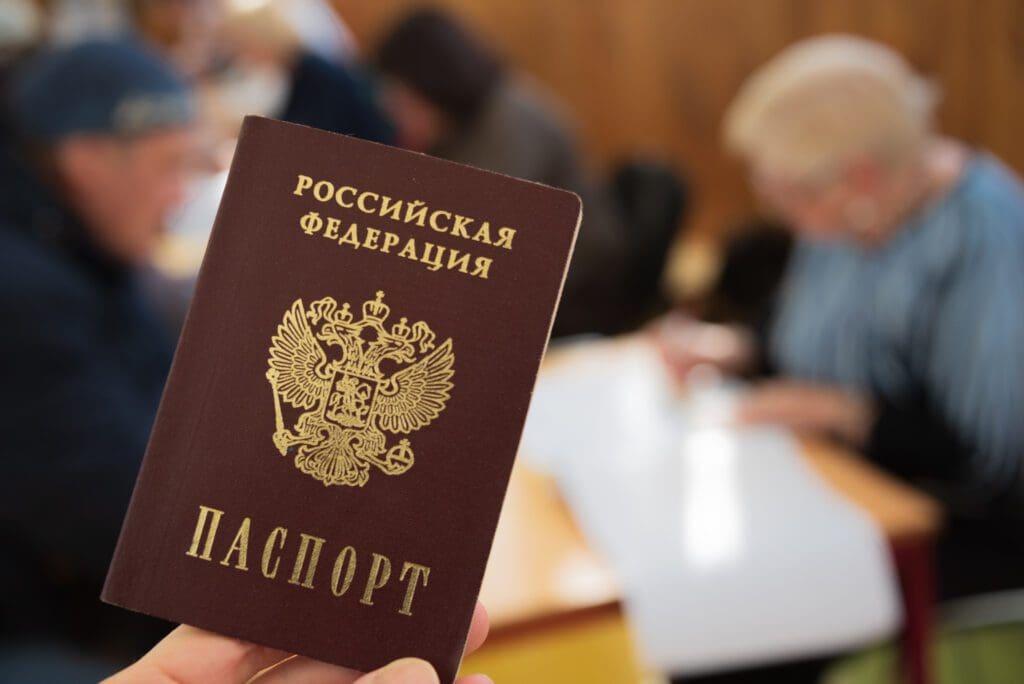
While Russians are desperately trying to flee their country to escape mobilisation, their struggle for life and personal freedom receives little empathy from the West with the Baltic countries bordering Russia gradually closing their borders.
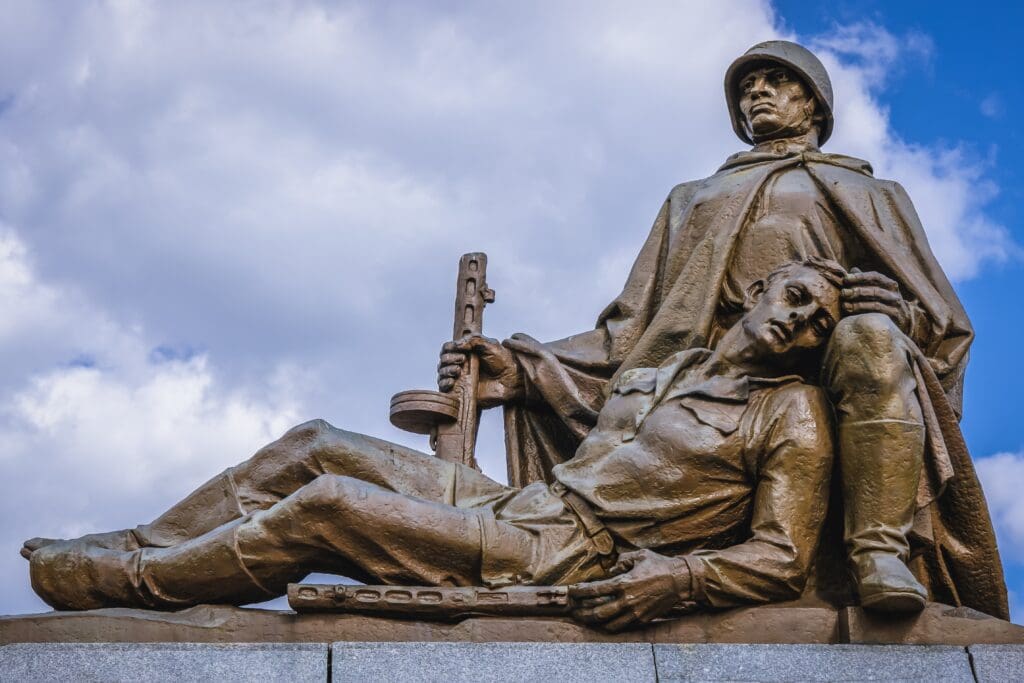
The war in Ukraine has renewed the controversy over Communist era statues in Poland. The country is now being purged of the remaining Soviet monuments.
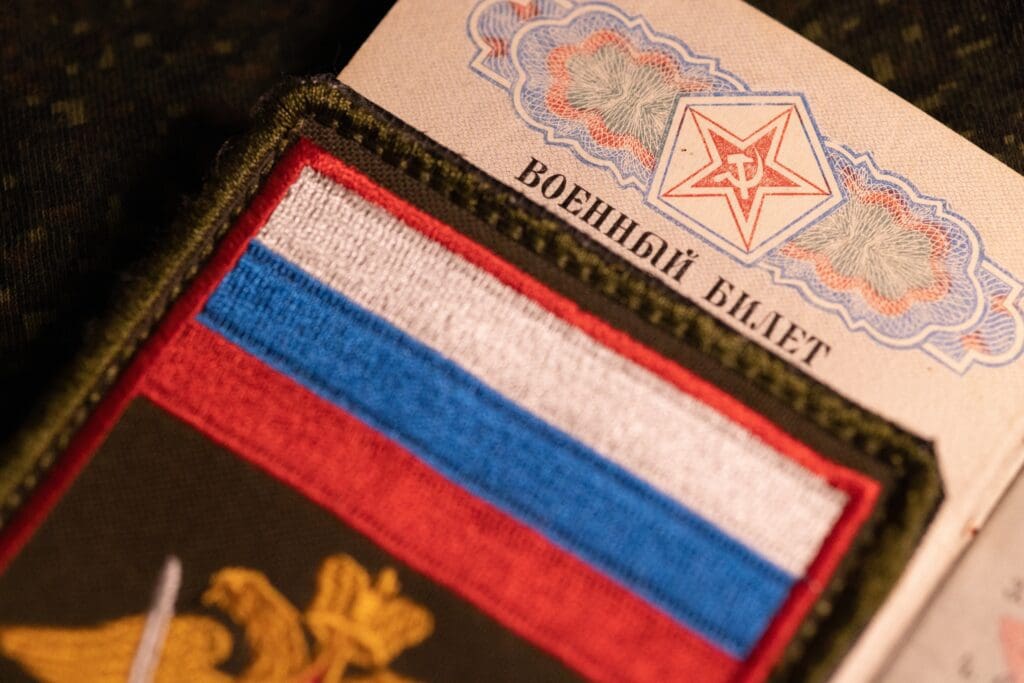
The bleeding out in the Ukraine war may be the beginning of the decline of Moscow’s global influence. With the EU also weakening economically due to the energy crisis, the current multipolar world order is expected to change, leaving the US and China as the leaders of a bipolar world.